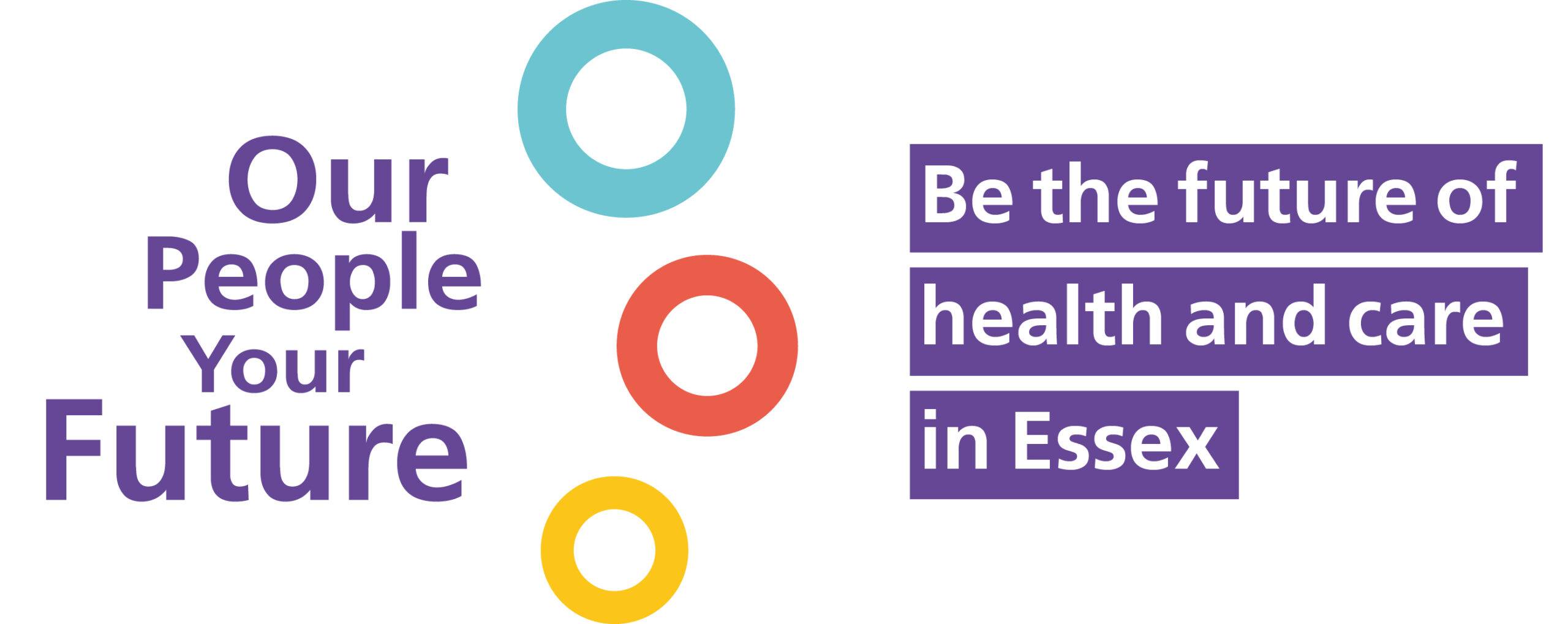Course Description
- Introduction to Frailty as a long-term condition and how common it is in the population.
- How this Frailty prevalence is impacting on cancer, and cancer outcomes in the population and vice versa.
- The Frailty syndromes and what these are.
- Why detecting Frailty is important.
- How to measure and detect Frailty using the clinical Frailty score (CFS or Rockwood score).
- Impact of Frailty on cancer outcomes and vice versa.
- How Frailty can create challenges with managing the referral and diagnostic pathway, the cancer journey, treatment options and cancer outcomes.
- Importance of assessing the whole person using a holistic framework (Comprehensive Geriatric Assessment or CGA).
- Importance of Personalisation, shared decision making and Personalised care and support planning and how this can benefit people with Frailty, improve outcomes and reduce avoidable harms.
Learning Outcomes
- Understand the changing face of cancer in today’s and tomorrow’s Ageing population.
- Appreciate that more people living with cancer may also be living with Frailty.
- Understand what Frailty is, how it affects people and that it is considered a long-term condition in its own right.
- Understand how cancer disease, the diagnostic process and its treatment can affect Frailty and also how the Frailty condition can also affect how a cancer may present or progress.
- Understand how to identify and stage Frailty using the clinical Frailty score (CFS) and the different ways Frailty can present (the 5 Frailty syndromes).
- Understand that Frailty can get worse in its severity, or it can also get better.
- Understand that promoting best possible outcomes in Frailty (and reducing avoidable harms) requires us to assess the person as a whole individual, provide balanced information that applies to them, to specifically tailor the referral process to their unique needs and their own preferences and to focus more on the things that matter most the person.
- Understand what the FRAIL plus framework is, how it can help us and the 7 ‘high impact actions’ that can benefit people with Frailty to improve their outcomes, quality of life and their experience of care.
- Understand what we mean by personalisation and shared decision making and how that might differ from single condition/disease pathway guideline.
Be aware that we have developed some tools locally within Mid and South Essex that can help record and share valuable information about the person’s level of Frailty, their unique needs and circumstances, and what matters most to them – sharing with all teams that may need to be involved with the person and how this can improve management, coordination of a person’s care and treatment, and outcomes.
Course Length
- 2 hours
Course suitable for…
- Senior clinical decision makers- Secondary care consultants (all specialties), Primary care GPs, Hospice team and other PEOLC medical leads
- Other Community consultant and doctor roles in community hospitals, intermediate care and virtual ward settings
- Senior Band 8 + health team and nursing leads- (including CNS) staff in secondary care, (including integrated discharge teams) in community roles, hospice and primary care settings
- Adult social care team leads
- Nursing staff (Band 5-7 nurses) in Acute hospital secondary care , primary care and community providers
- Care navigators, pathway navigators, referral management triage staff
- Therapists and Rehab assistants
- Physician associates, ANPS, ECPS, Social Prescribers
- PCN Ops Leads

